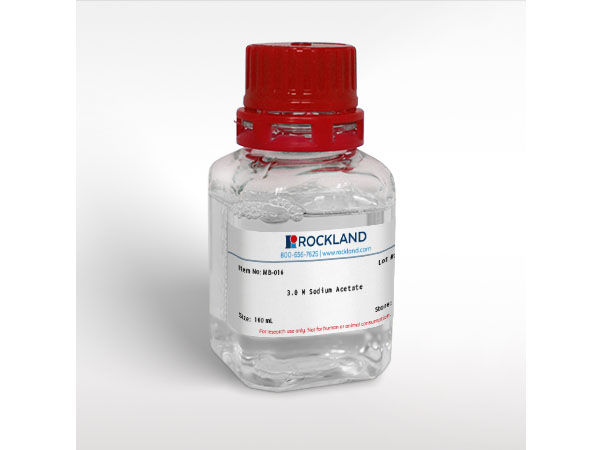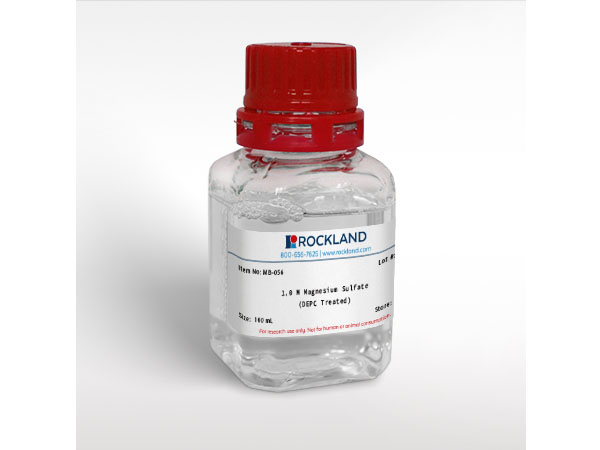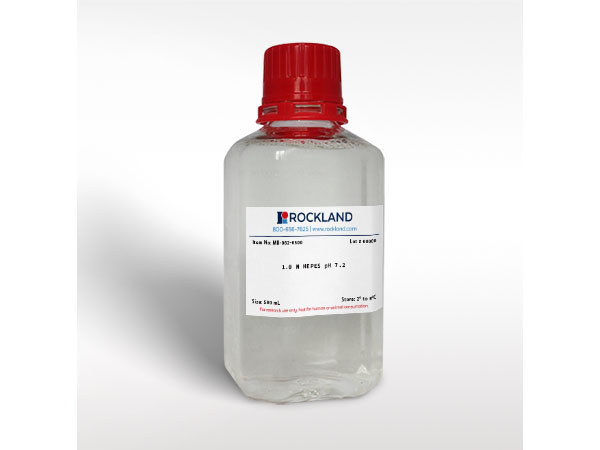Datasheet is currently unavailable. Try again or CONTACT US
Proteinase K (Tritirachium album limber)
MB-112-0100
100 mg
Lyophilized
Tritirachium album Limber
Shipping info:
$50.00 to US & $70.00 to Canada for most products. Final costs are calculated at checkout.
Product Details
Proteinase K (Tritirachium album limber) - MB-112-0100
Protease K, Endopeptidase K
Tritirachium album Limber
Enzyme
31.4 units/mg by dry weight
Target Details
A lyophilized powder. Chromatographically purified to remove DNase and RNase activity. Stable over a wide pH range : 4.0-12.5, optimal pH 7.5-8.0, using denatured hemoglobin as substrate. Although calcium ions do not affect the enzyme activity, they do protect Proteinase K against autolysis and increase thermal stability when present at a concentration of 1-5µmoles. It retains its activity in the presence of SDS or urea (0.5-1% SDS and 1-4M urea). Raising the temperature of the reaction from 37°C to 50-60°C can increase the activity several fold. Proteinase K is inactivated by diisopropyl fluorophosphate or phenyl methane sulphonyl fluoride. Chelating agents such as citrate and EDTA have no effect on the enzyme activity. Proteinase K can also be inactivated by heating above 65°C for 15-20 min or by extraction with phenyl/chloroform.
Application Details
Proteinase K is specifically formulated for molecular cloning, nucleic acid research and protein/peptide structural analysis. One unit liberates one µmole of Folin positive amino acids, measured as tyrosine, at 37° C at pH 7.5 using urea denatured hemoglobin as the substrate. Recommended working concentration 0.05-0.1mg/mL.
Formulation
None
Shipping & Handling
Ambient
Store vial at 2-8°C prior to restoration. Solutions in 50mM Tris-HCl, pH 8.0, 1mM CaCl2 stored at 2-8°C are stable for months.
Expiration date is one (1) year from date of receipt.
Proteinase K is a broad-spectrum serine protease and is able to digest native keratin (hair), hence, the name "Proteinase K". The predominant site of cleavage is the peptide bond adjacent to the carboxyl group of aliphatic and aromatic amino acids with blocked alpha amino groups. It is commonly used for its broad specificity. Proteinase K is commonly used in molecular biology to digest protein and remove contamination from preparations of nucleic acid. Addition of Proteinase K to nucleic acid preparations rapidly inactivates nucleases that might otherwise degrade the DNA or RNA during purification.
This product is for research use only and is not intended for therapeutic or diagnostic applications. Please contact a technical service representative for more information. All products of animal origin manufactured by Rockland Immunochemicals are derived from starting materials of North American origin. Collection was performed in United States Department of Agriculture (USDA) inspected facilities and all materials have been inspected and certified to be free of disease and suitable for exportation. All properties listed are typical characteristics and are not specifications. All suggestions and data are offered in good faith but without guarantee as conditions and methods of use of our products are beyond our control. All claims must be made within 30 days following the date of delivery. The prospective user must determine the suitability of our materials before adopting them on a commercial scale. Suggested uses of our products are not recommendations to use our products in violation of any patent or as a license under any patent of Rockland Immunochemicals, Inc. If you require a commercial license to use this material and do not have one, then return this material, unopened to: Rockland Inc., P.O. BOX 5199, Limerick, Pennsylvania, USA.



